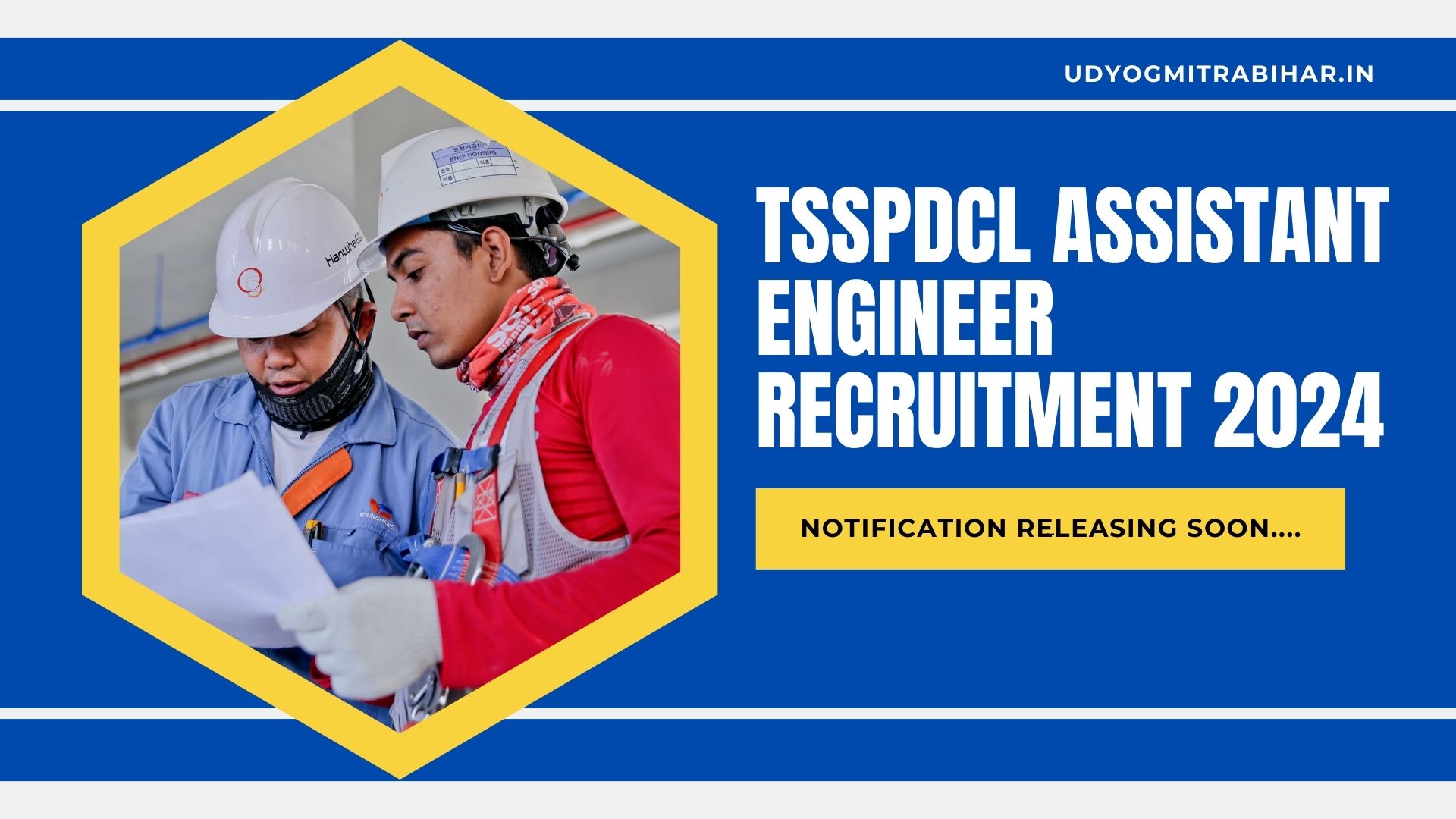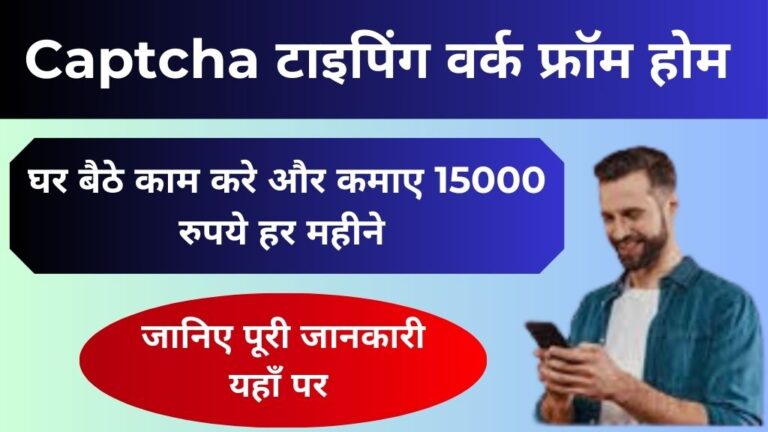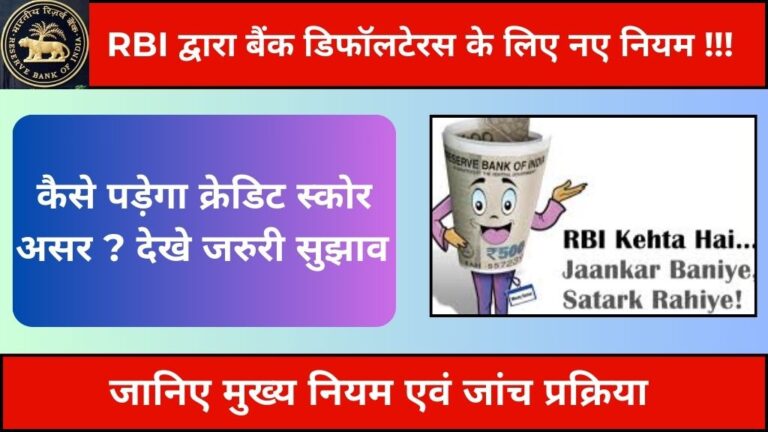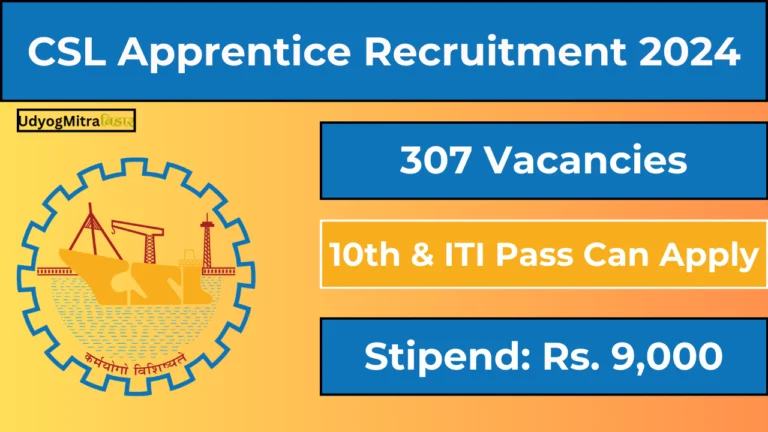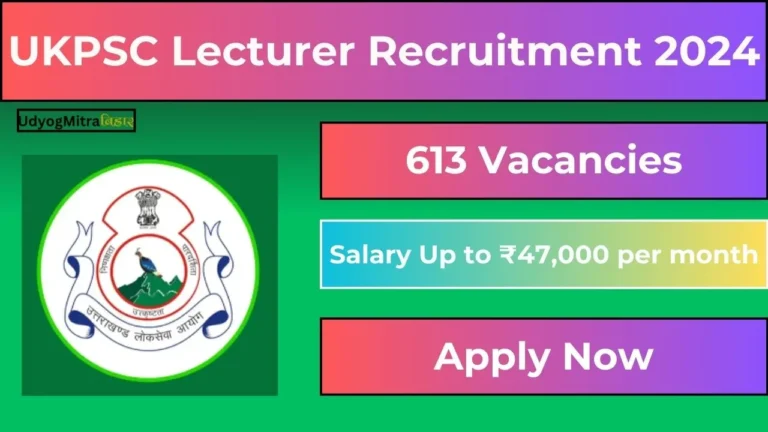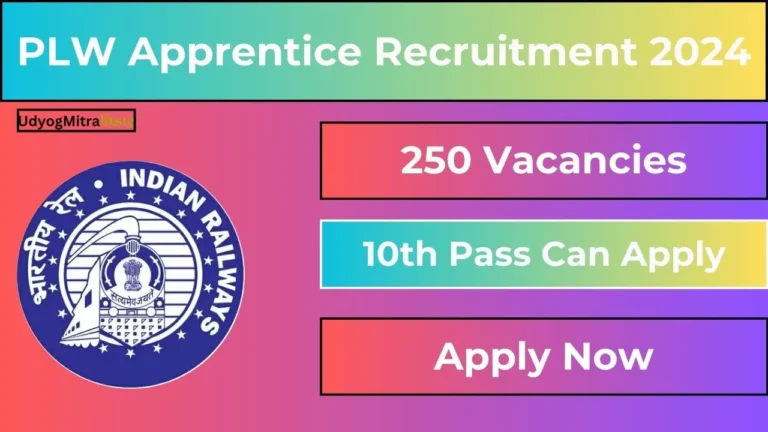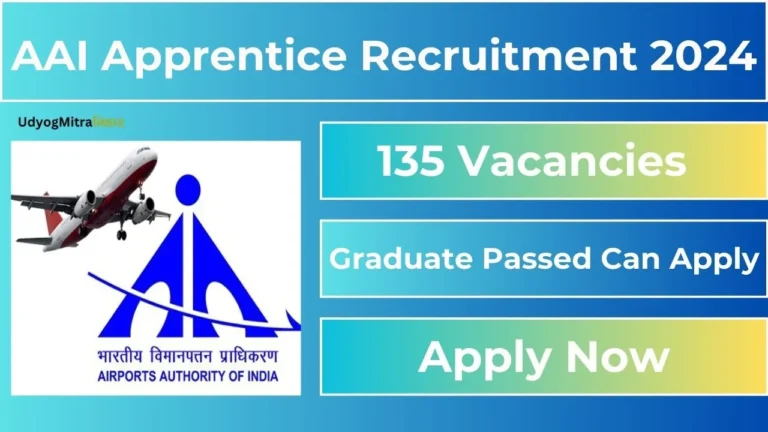The Southern Power Distribution Company of Telangana Limited (TSSPDCL) is all set to release the vacancy for Assistant Engineers in 2024. Considering TSSPDCL’s last year’s recruitment notification, we can expect that there will be around 48-50 vacant positions.
Refer to the following article for information on admit card details, exam schedules, exam patterns, and more.
Contents
- 1 Overview of TSSPDCL Assistant Engineer Recruitment 2024
- 2 TSSPDCL Assistant Engineer Eligibility Criteria 2024
- 3 TSSPDCL Assistant Engineer Application Fee 2024
- 4 TSSPDCL Assistant Engineer Selection Process
- 5 Detailed Syllabus Breakdown for TSSPDCL Assistant Engineer Recruitment
- 6 TSSPDCL Assistant Engineer Exam Pattern
- 7 What is the salary of a TSSPDCL Assistant Engineer?
- 8 How to apply for TSSPDCL Assistant Engineer recruitment?
- 9 FAQs
Overview of TSSPDCL Assistant Engineer Recruitment 2024
| Organization | The Southern Power Distribution Company of Telangana Limited (TSSPDCL) |
|---|---|
| Post Name | Assistant Engineer |
| Notification Release | Expected in the third quarter of 2024 |
| Selection Process | Written Examination & Documentation |
| Vacancies | 48(expected) |
| Official Website | https://www.tssouthernpower.com/ |
Telangana State Public Service Commission will soon release the notification on its official website at https://tspsc.gov.in/ for the recruitment of Assistant Engineer positions in different departments. Interested candidates can then download the PDF file to review eligibility criteria, important dates, and details about the recruitment process.
In terms of job responsibilities, the candidates are expected to perform general duties such as Ground Patrolling, Fault Finding, Disc Replacement, and ensuring that no trees are under the Right of Way (ROW) Corridor.
TSSPDCL Assistant Engineer Eligibility Criteria 2024
Below are the eligibility criteria for applying for different Assistant Engineer positions in various departments of the Telangana Government –
- Educational Qualifications: Candidates must possess a Bachelor’s degree in Engineering in the relevant field or have completed the Intermediate examination and obtained a Diploma in a related Engineering discipline.
- Age Requirements: Candidates must be at least 18 years old and not exceed 44 years of age. However, if the candidate falls under the SC/ST or OBC category, the upper age limit is extended to 49 years.
Please note that the eligibility criteria for the Assistant Engineer position are based on the previous year’s notification. Updated eligibility details will be provided following the release of the 2024-25 notification.
TSSPDCL Assistant Engineer Application Fee 2024
Candidates interested in submitting the application form through the official website of TSPSC for the post of Assistant Engineer in any department are required to pay the application fee as outlined below –
| Category | Application Fee |
|---|---|
| UR Candidates | Rs. 200 + Rs 80 |
| SC/ST/BC/EWS/PH | Rs. 200 |
TSSPDCL Assistant Engineer Selection Process
The selection process consists of the following two stages:
- Online written exam
- Document Verification
Candidates who pass the written exam will be invited for document verification in a 1:1 ratio based on category-wise vacancies.
Detailed Syllabus Breakdown for TSSPDCL Assistant Engineer Recruitment
The detailed syllabus has been provided below for your reference –
Section A
Engineering Mathematics
| Linear Algebra | Matrix Algebra, Systems of linear equations, Eigenvalues, Eigenvectors. |
| Calculus | Mean value theorems, Theorems of integral calculus, Evaluation of definite and improper integrals, Partial Derivatives, Maxima and minima, Multiple integrals, Fourier series, Vector identities, Directional derivatives, Line integral, Surface integral, Volume integral, Stokes’s theorem, Gauss’s theorem, Green’s theorem. |
| Differential equations | First-order equations (linear and nonlinear), Higher order linear differential equations with constant coefficients, Method of variation of parameters, Cauchy’s equation, Euler’s equation, Initial and boundary value problems, Partial Differential Equations, Method of separation of variables. |
| Complex variables | Analytic functions, Cauchy’s integral theorem, Cauchy’s integral formula, Taylor series, Laurent series, Residue theorem, Solution integrals. |
| Probability and Statistics | Sampling theorems, Conditional probability, Mean, Median, Mode, Standard Deviation, Random variables, Discrete and Continuous distributions, Poisson distribution, Normal distribution, Binomial distribution, Correlation analysis, Regression analysis. |
| Numerical Methods | Solutions of nonlinear algebraic equations, Single and Multi‐step methods for differential equations. |
| Transform Theory | Fourier Transform, Laplace Transform, z‐Transform |
Electrical Engineering
| Electric Circuits | Network graph, KCL, KVL, Node and Mesh analysis, Transient response of DC and AC networks, Sinusoidal steady‐state analysis, Resonance, Passive filters, Ideal current and voltage sources, Thevenin’s theorem, Norton’s theorem, Superposition theorem, Maximum power transfer theorem, Two‐port networks, Three phase circuits, Power and power factor in ac circuits. |
| Electromagnetic Fields | Coulomb’s Law, Electric Field Intensity, Electric Flux Density, Gauss’s Law, Divergence, Electric field and potential due to point, line, plane and spherical charge distributions, Effect of dielectric medium, Capacitance of simple configurations, Biot‐Savart’s law, Ampere’s law, Curl, Faraday’s law, Lorentz force, Inductance, Magnetomotive force, Reluctance, Magnetic circuits, Self and Mutual inductance of simple configurations. |
| Signals and Systems | Representation of continuous and discrete‐time signals, Shifting and scaling operations, Linear Time Invariant and Causal systems, Fourier series representation of continuous periodic signals, Sampling theorem, Applications of Fourier Transform, Laplace Transform and z-transform. |
| Electrical Machines | Single phase transformer: equivalent circuit, phasor diagram, open circuit and short circuit tests, regulation and efficiency; Three phase transformers: connections, parallel operation; Auto‐transformer, Electromechanical energy conversion principles, DC machines: separately excited, series and shunt, motoring and generating mode of operation and their characteristics, starting and speed control of dc motors; Three phase induction motors: principle of operation, types, performance, torque-speed characteristics, no-load and blocked rotor tests, equivalent circuit, starting and speed control; Operating principle of single phase induction motors; Synchronous machines: cylindrical and salient pole machines, performance, regulation and parallel operation of generators, starting of synchronous motor, characteristics; Types of losses and efficiency calculations of electric machines. |
| Power Systems | Power generation concepts, AC and DC transmission concepts, Models and performance of transmission lines and cables, Series and shunt compensation, Electric field distribution and insulators, Distribution systems, Per‐unit quantities, Bus admittance matrix, Gauss-Seidel and Newton-Raphson load flow methods, Voltage and Frequency control, Power factor correction, Symmetrical components, Symmetrical and unsymmetrical fault analysis, Principles of over‐current, differential and distance protection; Circuit breakers, System stability concepts, Equal area criterion. |
| Control Systems | Mathematical modelling and representation of systems, Feedback principle, transfer function, Block diagrams and Signal flow graphs, Transient and Steady‐state analysis of linear time-invariant systems, Routh-Hurwitz and Nyquist criteria, Bode plots, Root loci, Stability analysis, Lag, Lead and Lead‐Lag compensators; P, PI and PID controllers; State space model, State transition matrix. |
| Electrical and Electronic Measurements | Bridges and Potentiometers, Measurement of voltage, current, power, energy and power factor; Instrument transformers, Digital voltmeters and multimeters, Phase, Time and Frequency measurement; Oscilloscopes, Error analysis. |
| Analog and Digital Electronics | Characteristics of diodes, BJT, MOSFET; Simple diode circuits: clipping, clamping, rectifiers; Amplifiers: Biasing, Equivalent circuit and Frequency response; Oscillators and Feedback amplifiers; Operational amplifiers: Characteristics and applications; Simple active filters, VCOs and Timers, Combinational and Sequential logic circuits, Multiplexer, Demultiplexer, Schmitt trigger, Sample and hold circuits, A/D and D/A converters, 8085 Microprocessor: Architecture, Programming and Interfacing. |
| Power Electronics | Characteristics of semiconductor power devices: Diode, Thyristor, Triac, GTO, MOSFET, IGBT; DC to DC conversion: Buck, Boost and Buck-Boost converters; Single and three phase configuration of uncontrolled rectifiers, Line commutated thyristor-based converters, Bidirectional ac to dc voltage source converters, Issues of line current harmonics, Power factor, Distortion factor of ac to dc converters, Single phase and three phase inverters, Sinusoidal pulse width modulation. |
Section B
| General Awareness and Numerical Ability | Analytical & Numerical Ability, General Awareness, English, Related to Telangana Culture & Movement, Computer Knowledge |
TSSPDCL Assistant Engineer Exam Pattern
The TSSPDCL Assistant Engineer exam will be conducted online. The question paper will be divided into two sections.
Please refer to the TSSPDCL Assistant Engineer Exam Pattern provided below to understand the scoring system, types of questions, exam duration, and other important details.
- A total number of 100 questions will be asked.
- Each question carries 1 mark.
- The duration of the exam will be 120 minutes.
| Subject | Marks | Number of Questions | Duration |
|---|---|---|---|
| Subject Knowledge | 80 | 80 | 120 min |
| Analytical & Numerical Ability | 20 | 20 | |
| General Awareness | |||
| English | |||
| Related to Telangana Culture & Movement | |||
| Computer Knowledge | |||
| TOTAL | 100 | 100 |
What is the salary of a TSSPDCL Assistant Engineer?
The selected candidates for the TSSPDCL Assistant Engineer position are paid according to a specific salary scale, which is detailed as follows:
- Rs. 64,295 to Rs. 69,605 with an increment of Rs. 2,655
- Rs. 69,605 to Rs. 85,105 with an increment of Rs. 3,100
- Rs. 85,105 to Rs. 99,345 with an increment of Rs. 3,560
The candidates who are selected and score higher than the TSSPDCL AE Cut-off are paid a salary according to the 7th Central Pay Commission (CPC). In addition to the basic pay and grade pay, TSSPDCL AE also receives various additional allowances, perks, and benefits as per the 7th CPC guidelines.
The list of allowances includes –
- Dearness Allowances
- House Rent Allowances
- Leave Travel Allowances
How to apply for TSSPDCL Assistant Engineer recruitment?
You need to follow these steps to apply for this vacancy –
Step 1: Visit the official website of TSSPDCL
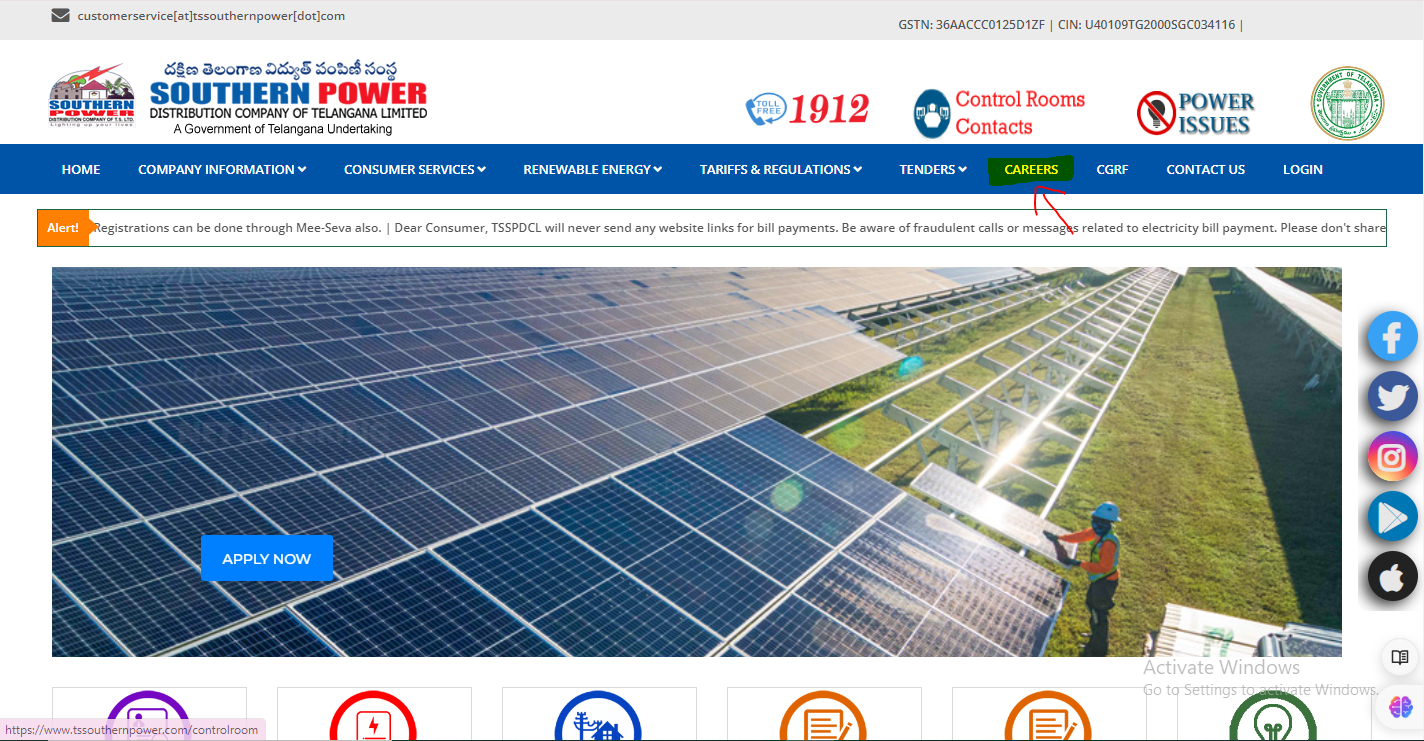
First of all, visit the official website of TSSPDCL at https://www.tssouthernpower.com/
Step 2: Find the Application Link
Navigate to the Careers section of the TSSPDCL website. Here, you will have to click on the link provided for TSSPDCL AE Recruitment.
Step 3: Fill out the application form
Fill in all required details accurately, including your full name, date of birth, educational qualifications, and any other relevant information as per the instructions provided.
Step 4: Upload Required Documents
Attach the essential documents, such as educational certificates and category certificates.
Step 5: Pay the Application Fee and submit the form
Proceed to pay the application fee as per the guidelines provided. Upon completion, click on the “Submit” button to finalize your application.
After successful submission, download the application form for your records. It’s recommended that you print it out for future reference and documentation purposes.
You may be interested in –
FAQs
Is there any negative marking in the TSSPDCL Assistant Engineer exam?
There is no negative marking in the TSSPDCL Assistant Engineer exam.
What is the upper age limit for applying for TSSPDCL Assistant Engineer Recruitment 2024?
The candidates should not be older than 44 years to apply for TSSPDCL Assistant Engineer.

